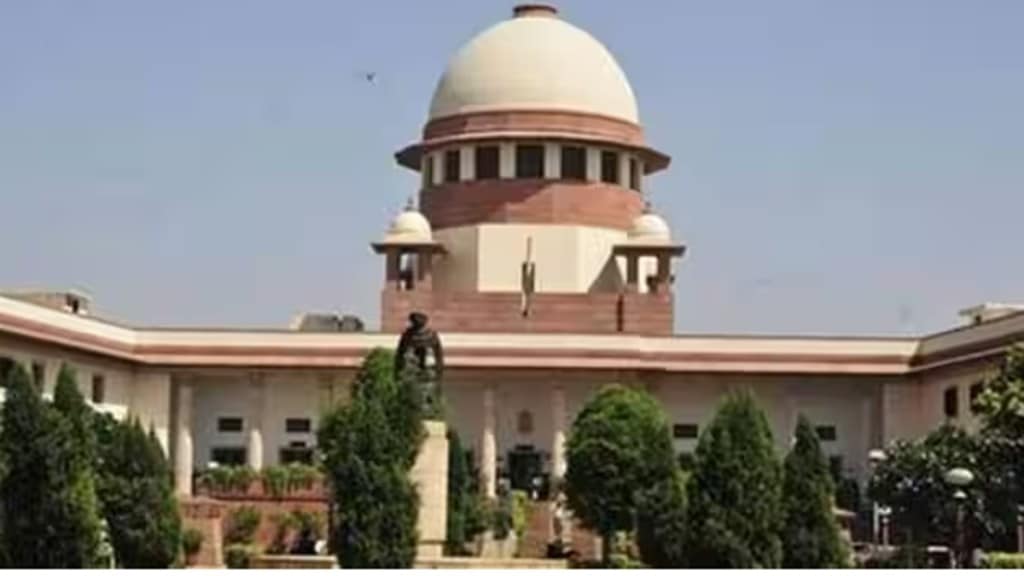The Supreme Court’s (SC) recent ruling that no automatic international treaty benefit, including a lower withholding tax, is available to foreign companies operating in India may lead to spate of tax demands, experts said. Most of these tax notices could also have the nature of the opening up closed tax records of companies for past years, analysts said, adding that the tax outgo implications for many firms could be considerable.
While setting aside a Delhi High court ruling in the Nestle case, a division bench of the apex court said that, “a notification under Section 90(1) )of the Income tax Act) is necessary and a mandatory condition for a court, authority, or tribunal to give effect to a (Double Taxation Avoidance Agreement)…”
The HC had ruled that the Most Favoured Nation (MFN) clause in India’s DTAAs with OECD member countries provides for lowering of the rate of taxation at source on dividends, interest, royalties or fees for technical services paid by Indian companies to foreign parents (in the instant case, dividend transfer by Nestle India to Swiss parent Nestle SA). Such concession, the HC noted, would be given to the respective OECD country subsequently. However, the SC ruled that the treaty benefit of lower withholding tax of 5% can’t be made available to OECD countries just on the MFN basis.
A senior former tax department said that on retrospective application, “legitimate questions” will be raised by the tax department following the SC verdict. “The department may issue fresh tax l notices to companies, which could lead to revenue gains for the government,” the source added.
“Although there are controversies around whether a ruling can have a retrospective effect, the revenue authorities could initiate proceedings against foreign companies who have availed the MFN clause without satisfying the conditions laid down by the SC to enhance the scope or rate of certain items which went untaxed or on which lower tax rates were applied,” said Sandeep Jhunjhunwala, M&A Tax Partner at Nangia Andersen. Section 90 guards firms against double taxation.
Broadly, the issues arising were: whether there is any right to invoke the MFN clause when the country with which India has entered into a DTAA was not an OECD member yet (at the time of entering into such DTAA); and second, whether the MFN clause is to be given effect to automatically or if it is to only come into effect after a notification is issued.
As per the government’s submission, India follows the ‘dualist’ practise – that is international treaties and conventions are not, upon their ratification, automatically assimilated into law, but require enabling legislation. This is in contrast to those countries which are ‘monist’, wherein the treaty provisions are enforceable, and are to be given equal weight by courts.
The SC ruled that where a DTAA stipulates equal treatment with another nation, especially regarding matters covered by the treaty’s terms, if that nation is a member of OECD, and subsequently receives better treatment in a matter covered by the DTAA, it does not automatically lead to the integration of such terms in the DTAA of the first nation. “In such an event, the terms of the earlier DTAA require to be amended through a separate notification under Section 90,” the ruling said.
“Since the ruling has been delivered while setting the tone of interpretation of MFN clauses, it is likely that the tax department may open past years through issuing notices for TDS assessment, the time limit for which is 7 years prior in case of resident taxpayer. Also, it will be interesting to watch whether the TDS liability that will be determined through this ruling, i.e. shortfall between tax deducted on reduced rates vs. tax that should have been deducted at applicable rates, will have ramification under prosecution provisions under income tax,” said Saurrav Sood, Practice Leader – International Tax and Transfer Pricing at SW India.
Amit Maheshwari, Tax Partner, AKM Global, said, “the decision of the apex court will have wide repercussions for the industry and could result in millions of dollars of additional tax revenue for the government. The decision would also entail revival of pending matters in the form of fresh action by tax authorities by initiating proceedings, raising demands or denying lower withholding in respect of these remittances made in the past.”

